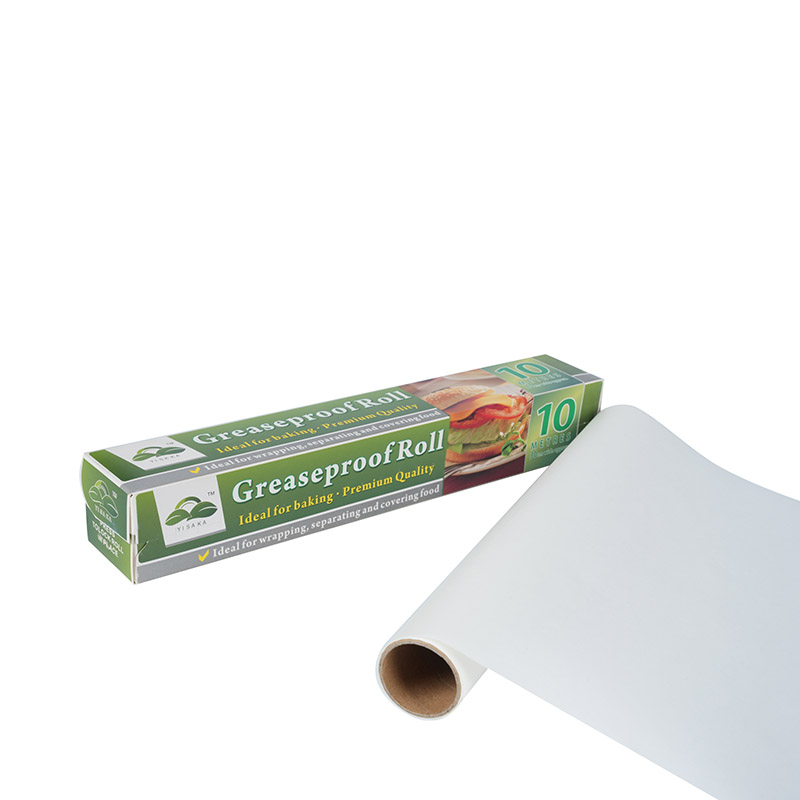Preventing Cross-Contamination
One of the primary concerns in food safety is cross-contamination, which occurs when harmful bacteria, allergens, or chemicals are transferred from one food item to another. Greaseproof paper helps mitigate the risk of cross-contamination in several ways:
Non-Toxic Barrier: Greaseproof paper acts as a protective barrier between food and the external environment, preventing contaminants such as dirt, bacteria, and allergens from coming into contact with food. This is particularly important in settings like delis, bakeries, and fast-food restaurants where foods may come into contact with various surfaces or packaging materials.
Prevents Oil and Grease Transfer: When wrapping or packaging greasy foods, greaseproof paper helps prevent the transfer of oils and greases onto other items. This ensures that greasy foods don’t leave a residue on other packaged goods, which could potentially lead to contamination.
Maintaining Food Freshness and Quality
Freshness is critical in the food industry, and greaseproof paper helps maintain the quality of food in several ways:
Moisture Control: Greaseproof paper’s resistance to moisture makes it effective at keeping foods like sandwiches, cakes, and pastries fresh. By preventing moisture from escaping or entering, it helps extend the shelf life of baked goods, keeping them from becoming soggy or stale.
Oxygen Barrier: While greaseproof paper doesn’t create a full airtight seal like some plastic wraps, it still offers a level of oxygen resistance, which helps reduce the oxidation of food products. This can help preserve the flavor, color, and nutritional value of foods.

Temperature Tolerance: Greaseproof paper can withstand both low and moderate temperatures, making it ideal for storing food in refrigerated or frozen conditions. It helps protect delicate foods from freezer burn and maintains their quality over time.
Supporting Compliance with Food Safety Regulations
The foodservice and manufacturing sectors are heavily regulated to ensure that food is prepared, stored, and served safely. Greaseproof paper supports businesses in complying with these regulations in several key ways:
FDA-Compliant: Many types of greaseproof paper are FDA-approved for direct food contact. This ensures that the material is safe for use with food and won’t leach harmful chemicals into the products.
Hygienic Packaging: Food safety regulations require that food be packaged in a way that minimizes the risk of contamination. Greaseproof paper offers a hygienic solution that meets these standards, providing businesses with peace of mind and helping them avoid potential fines or reputational damage.
Allergen Management: In addition to preventing cross-contamination, greaseproof paper can also be used to manage allergens. By wrapping individual food items in separate sheets of paper, businesses can help reduce the risk of cross-contact between allergens, ensuring a safer dining experience for those with food allergies.


 English
English русский
русский










